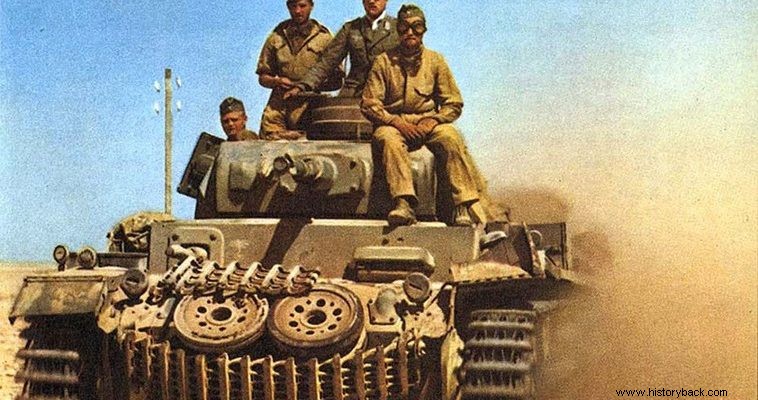
The American Standard Oil was in 1941 the largest oil company in the world. Its president was William Farris and its managing director was Walter Teagle. From the mid-1920s Tiggle had acquired contacts in Germany, and especially with Hermann Schmitz, an executive of the chemical industry IG Farben.
Soon, the pro-Nazi British businessman Sir Henry Detering and the well-known anti-Semitic American industrialist Henry Ford joined their company. Before the war Faris had arranged to man Standard Oil tankers with German crews. These ships did not just transport oil to Germany, but also transported German agents to and from that country.
With the outbreak of World War II, things took a turn for the worse for Farris as the British discovered his activities after raiding his ships and arresting German crews and passengers. Upon interrogation, the German prisoners revealed Faris' plan of action to the British.
He then fired all the German workers in the company, but also put his entire fleet under the Panamanian flag. Its ships no longer carried oil directly to Germany. They were now unloading their cargo in Tenerife in the Canary Islands, that is, in Spanish territory.
From there, with the cooperation of Franco's government, the oil was loaded onto German ships and traveled to Germany. However, a quantity of fuel remained in the Canaries, under German control, and with it the passing German submarines were supplied.
The British knew that throughout the war German submarines were refueling in Spanish ports. But they did not react because they did not wish to push Franco into the arms of the Axis. The Spanish dictator had also granted the Allies several privileges. Faris, however, continued his action. He even went so far as to build a refinery in the Canaries.
In this crude oil carried by its ships was converted into gasoline for German Army vehicles and kerosene for Luftwaffe aircraft. A little earlier, in 1936, Tiggle's friend had taken care to establish a refinery in Hamburg, which produced 15,000 tons of kerosene per week.
At the same time the American subsidiary of Farben was supplying Germany with synthetic rubber. At the same time, Standard Oil took over the exploitation of the Romanian oil fields in Ploesti and financed the development of oil research and industry in Romania. Farben, for its part, was the company that undertook the exploitation of Romanian oil, but also the financing of the "Iron Guard", the Romanian Nazi organization, which ultimately led the country to the Axis camp.
On March 5, 1941, a meeting was held in Vienna between Luftwaffe Marshal Hermann Göring, the Romanian dictator Ion Antonescu and a representative of Standard Oil. During the meeting it was decided to grant Standard Oil the rights to use Romanian oil, even if the USA declared war on Germany.
In a similar way, Standard Oil brought the Hungarian oil fields under its control. In July 1941 Faris attempted to officially sell the shares of Hungarian Standard Oil to the German Farben, seeking the permission of the US Treasury Department. The permit was not given, but nevertheless Farben, even if in an illegal way, also exploited Hungarian oil.
But as the British Navy tightened its controls, patrolling even close to the American coast, Standard Oil's leadership found another way to send fuel to the Germans. Huge quantities were sent to the Soviet Union, from whose territory they were transported to Germany. Only a portion of the fuel that Stalin delivered to Hitler by the summer of 1941 was his.
The rest came from capitalist America! At the same time, company ships were delivering fuel cargoes to Vichy-controlled French North Africa. At the same time, Standard Oil established supply stations in South America and Mexico.
From them fuel was supplied to the passing German ships, which then supplied the submarines as well. From the summer of 1941 the American authorities attempted to limit, if not suspend, the specific activities of Standard Oil.
The US Treasury and Commerce departments began compiling a list of companies that were working with the Axis powers. Standard Oil's Latin American subsidiaries were included in this list. But not herself. It even received official permission to sell its products through its Brazilian subsidiary, from the US Department of Finance, as it was able to influence high-ranking persons in key positions of the state apparatus.
It should be noted that this regime was maintained even after the US entered the war in December 1941. Finally, the transactions between Standard Oil and Hitler's Germany continued until 1944, through a subsidiary of Standard Oil in Venezuela.
American officials estimated, after the end of the war, that Standard Oil supplied Hitler with an average of 50,000 tons of fuel per month all this time. It goes without saying that none of those responsible for these profitable transactions with Germany ever faced justice.
